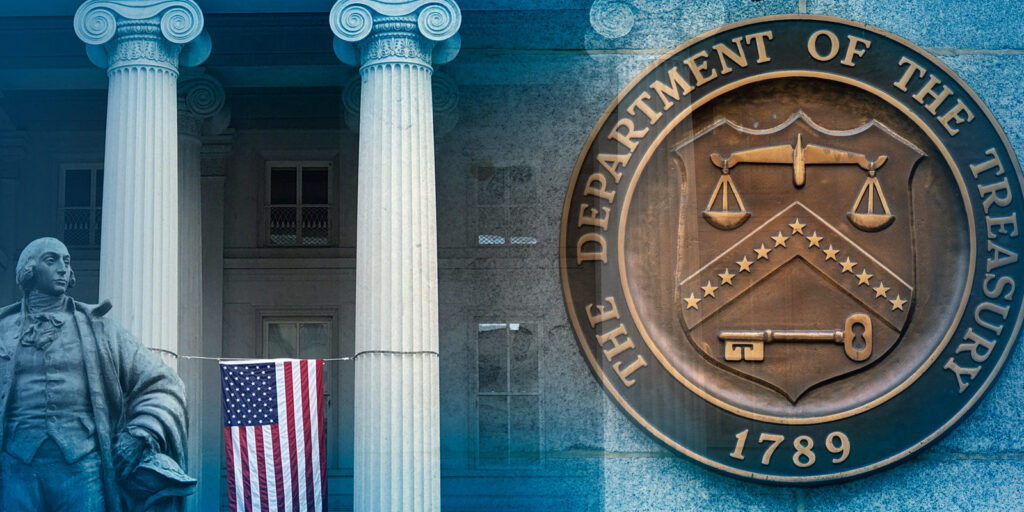
A recent report by the United States Treasury Department reveals that North Korea and other malicious actors are taking advantage of decentralized finance (DeFi) services to facilitate money laundering. The ‘Illicit Finance Risk Assessment of Decentralized Finance’ report, published on April 6, points to non-compliance with certain anti-money laundering (AML) and countering the financing of terrorism (CFT) regulations on some DeFi platforms as the main vulnerability.
Under Secretary of the Treasury for Terrorism and Financial Intelligence, Brian Nelson, states that addressing these risks is crucial to harnessing the potential benefits associated with DeFi services. The report also highlights projects that deliberately promote a lack of AML/CFT controls as a central aim of decentralization, allowing actors to evade sanctions imposed by the US and the United Nations.
Despite these concerns, the Treasury emphasizes that most money laundering, terrorist financing, and proliferation financing activities still occur using fiat currency or outside the crypto ecosystem. To mitigate risks in the DeFi space, the report recommends increased regulatory supervision of AML/CFT for DeFi platforms, guidance for platforms regarding AML/CFT, and closing any regulatory gaps.
This assessment aligns with President Joe Biden’s executive order on digital assets signed in March 2022, which has prompted multiple US government agencies to examine the potential impact of digital assets on the nation’s financial system and payment infrastructure. In September 2022, the Treasury released a report outlining strategies to counter illicit finance risks from crypto assets.